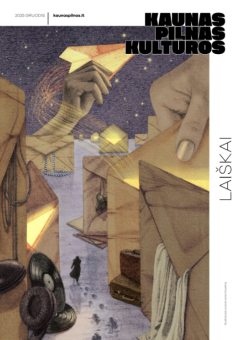Over the past decade, the Lithuanian electronic music scene has increasingly found itself mentioned abroad. Dynamic festivals, quality parties, and high-calibre artists visiting the country undoubtedly raise the scene’s profile. While we can be proud of our image, considerably less attention is paid to the producers and music labels. Yet, they are a mirror reflecting our creative drive and mentality. So, what message are we sending about ourselves to the world?
This text was published in the April 2025 issue of the magazine ‘Kaunas Full of Culture’, dedicated to electronic music. We invite you to subscribe to the author Justas Kontrimas’s account on Substack.
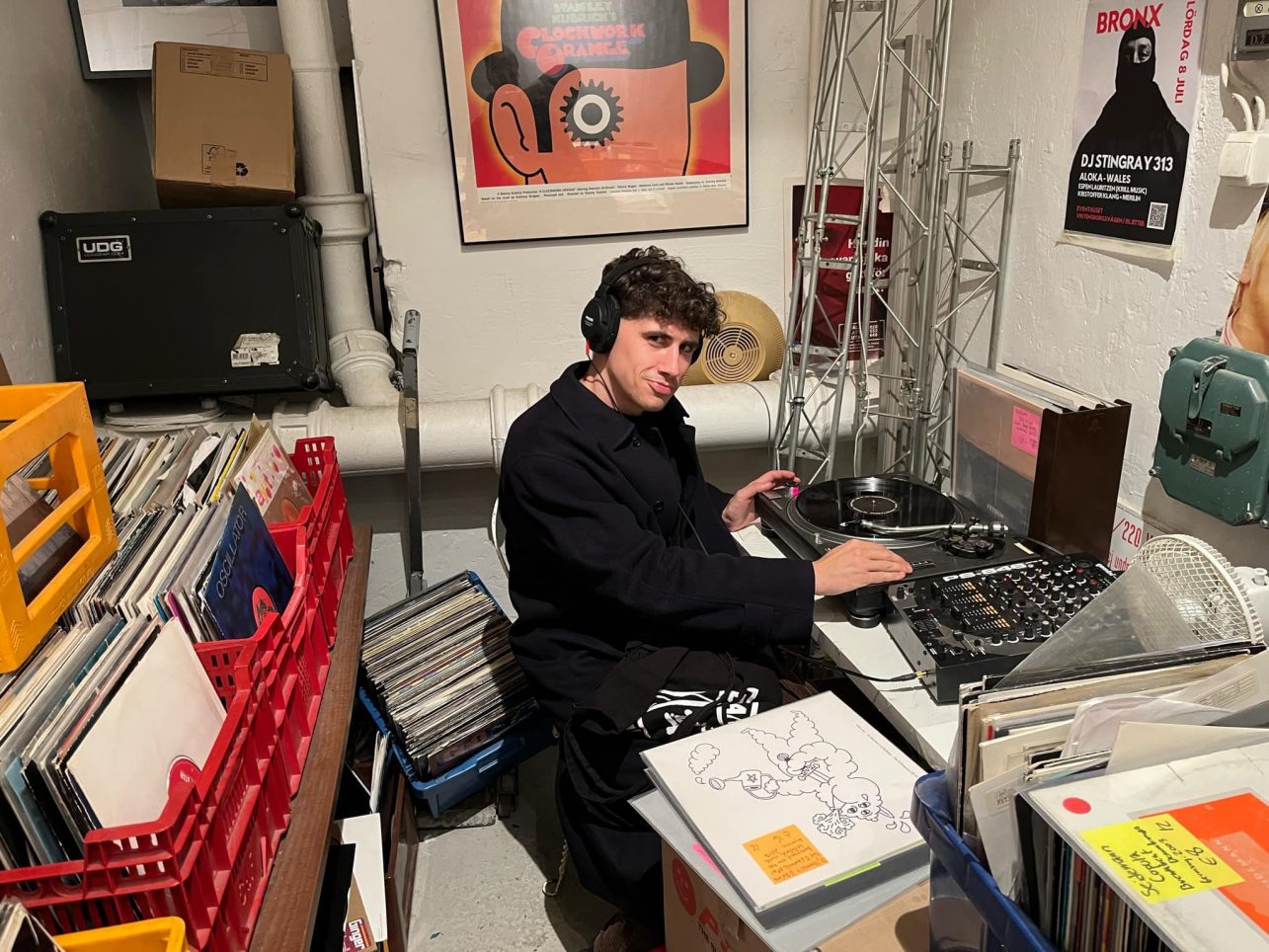
The concept of a music label is multifaceted. Although in the commercial music industry labels are often associated with profit-seeking, in the independent scene, the synonymous word ‘label’ has taken root, carrying an additional nuance – it’s more often linked with community, niche creativity, artistic freedom, or a DIY spirit. In this text, both terms will be used to describe independent platforms.
Currently, the active labels in the country could likely be counted on two hands. It’s no secret that such activities are often financially loss-making, so for the absolute majority, it remains a passion and a hobby pursued after their main job. Half of these platforms are actively developing, others surface occasionally, and the rest are in a state of lethargy. Therefore, this text will highlight four active labels engaged in promoting quality content, encouraging local creators, and planning for the future. The fifth – PZ Records and the entire activity of the duo Partyzanai – is reviewed more extensively in another text in this issue of the magazine.
Amulet of Tears
What is a conceptual label? How does it invite you on a musical journey? What story does it want to tell you? Vilnius-based Andrėjus Surgutanovas understands the importance of these questions. In 2020, he founded the label ‘Amulet of Tears’, arguably the only one in Lithuania exploring ambient music.
The liner notes of the label’s first compilation, ‘The Birth of Tragedy’, narrate: “The Apollonian and Dionysian natures of man reflect our most crucial inner struggle – the dance of chaos and order, the contradiction of mind and heart, the battle of pure harmony and intoxicating euphoria.” Five artists here interpret the Apollonian form (order, harmony, and clarity), while the rest tackle the Dionysian archetype (instinct-driven and boundless chaotic liberation). Other compilations similarly dissect Sigmund Freud’s dream interpretations and chapters from Italo Calvino’s book ‘Invisible Cities’.
The platform has already yielded 19 original albums (mostly on vinyl and cassette), with a psychogeography stretching from Texas through Melbourne to Vilnius. They are all united by a strong interplay of introspection and organicity, where seemingly suppressed emotions manifest through original synth swells, field recordings, and avant-garde experiments. Three Lithuanians have released albums on ‘Amulet of Tears’: Jonas Raudonius with the cinematic ‘Imaginary Freedom’, Arnas Berezė (Undveld) with the winter’s tale-esque ‘Cloud Atlas’, and Vytautas Petrauskas (Arkhad) with a collaborative work pulsating with KAOSMOS’s elegiac quality, ‘The Lost Columns’. The label also features work by the versatile Viktoras Urbaitis (Teatre).
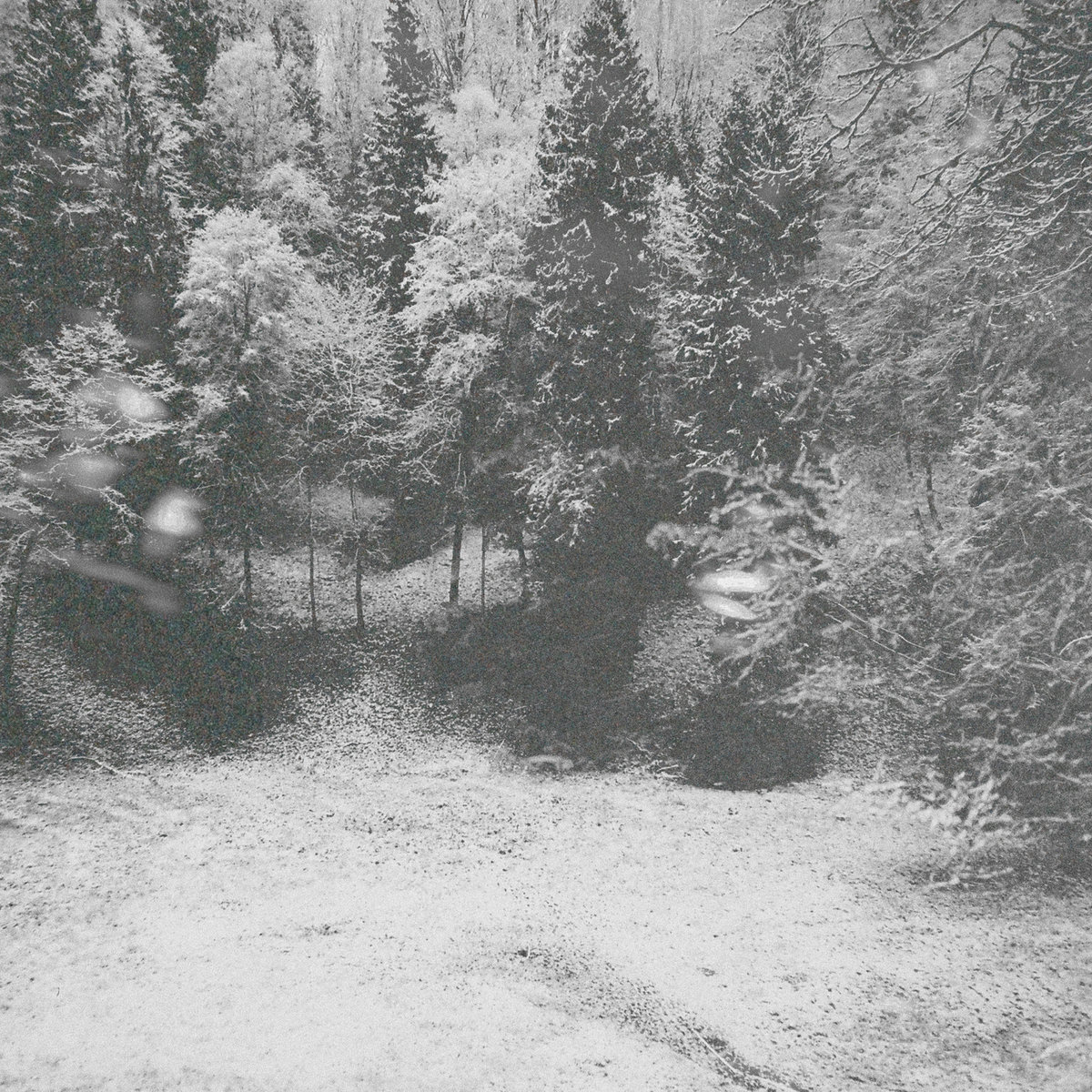
A. Surgutanovas’s meticulous curation, a subtle eye for atmosphere, and music that allows for a dialogue with oneself – these reasons have already gathered a circle of ‘Amulet of Tears’ listeners worldwide.
area127
Writing this text, I pondered what could be called the Lithuanian electronic music sound, and what international. Speaking of club music, a unique perspective has been brought to our scene in recent years by Tadas Majeris (Tadan) and his label ‘area127’.
Having spent a decade in London and settling back in Lithuania for a longer spell the year before last, the producer is one of the reformers of techno and trance music, already gaining international recognition. He seeks reflections of the soul and alternative sound architecture in the label’s activities, collaborating with various artists. For instance, one compilation brought together producers creating music together for the first time; another provided a space for little-known ‘bedroom producers’. Such ventures are bold, yet the quality bar remains high. The same goes for the label’s visual identity, which sometimes makes you want to zoom in and examine the cover art. Pulsating energy, shifting hypnotic expressions, and depth flirting with intense tempos – this could describe most of the label’s discography. In three years, ‘area127’ has presented 11 releases: four vinyl records, three digital albums, and four compilations.
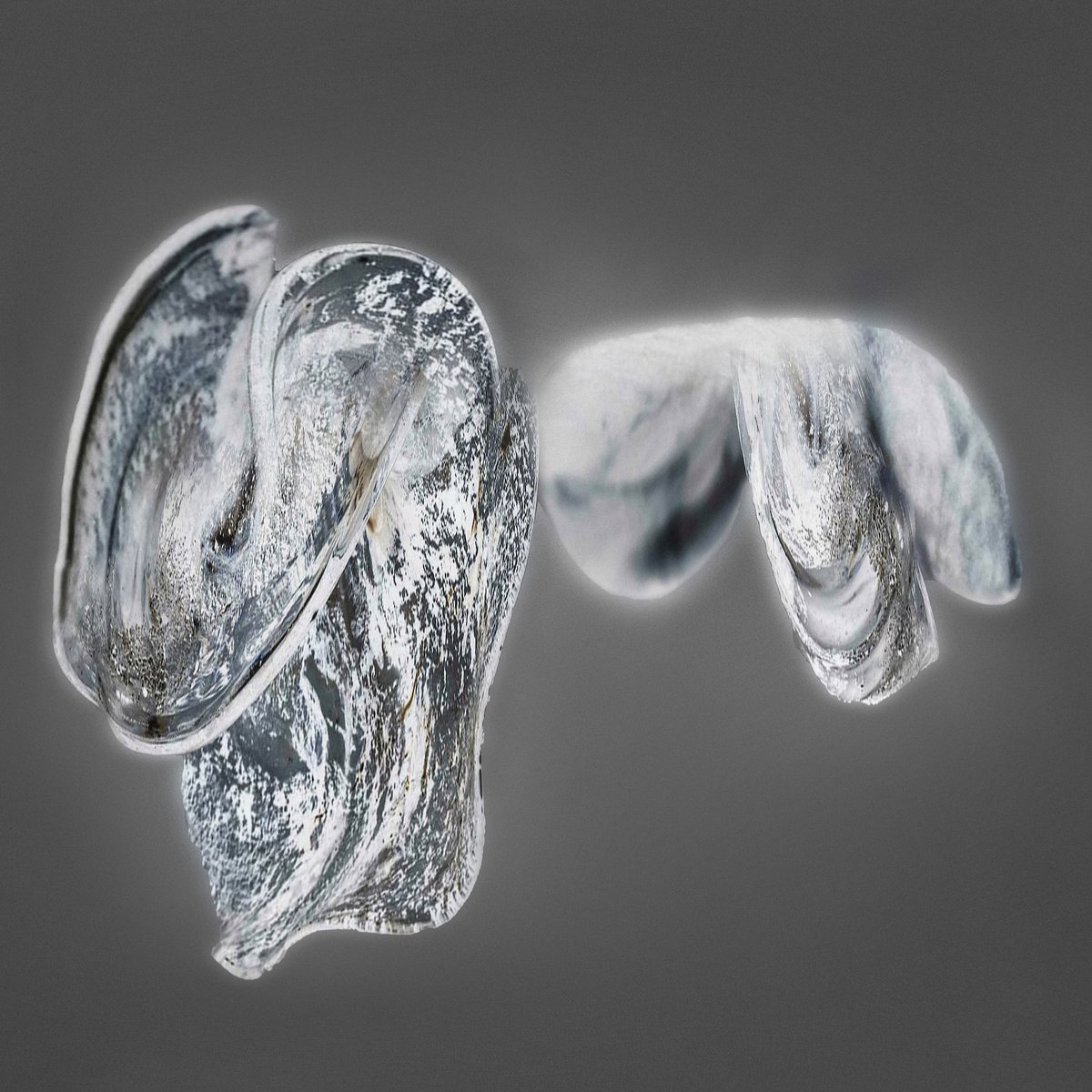
Last year, ‘area127’ held its first party in Vilnius, and in autumn 2025, the label’s first event is awaited in the ‘Saule’ space of the ‘Berghain’ club, often called the mecca of dance music.
Electric Shapes
The COVID-19 pandemic gave birth to several labels in Lithuania, including ‘Electric Shapes’. Founded by Aleksandras Lukačiovas, who has a long history on the dance floor, the label believes in authenticity, and its slogan, ‘Music is the cure’, speaks for itself.
For five years now, ‘Electric Shapes’ has been presenting contemporary electronic music, its spectrum characterized by eclecticism. Under one roof, we find slow-burning leftfield psychedelia, pulsating trance, and even hints of indie house. However, the majority of its 36 releases are linked by a diverse hypnotic line, which has recently acquired a darker shade.
Lithuanians Dovydas Platakis (Jokios Kultūros), Gedas Mekšriūnas (FAR EAST FLIGHT), and Tadas Majeris (Tadan) released their first albums here. Other releases feature contributions from Matas Petrikas (EXEM), Gediminas Jakubka (Patricia Kokett), Andrius Grinevskis (Auren), Aleksandras Pletnevas, Laura Mikučionytė (Hairdressa), Rugilė Norbutaitė (thelastsunday), Justas Jelisejevas, Dovydas Kaubrys, and others. The international collective also includes names familiar to Lithuanians, catering to the tastes of different generations.
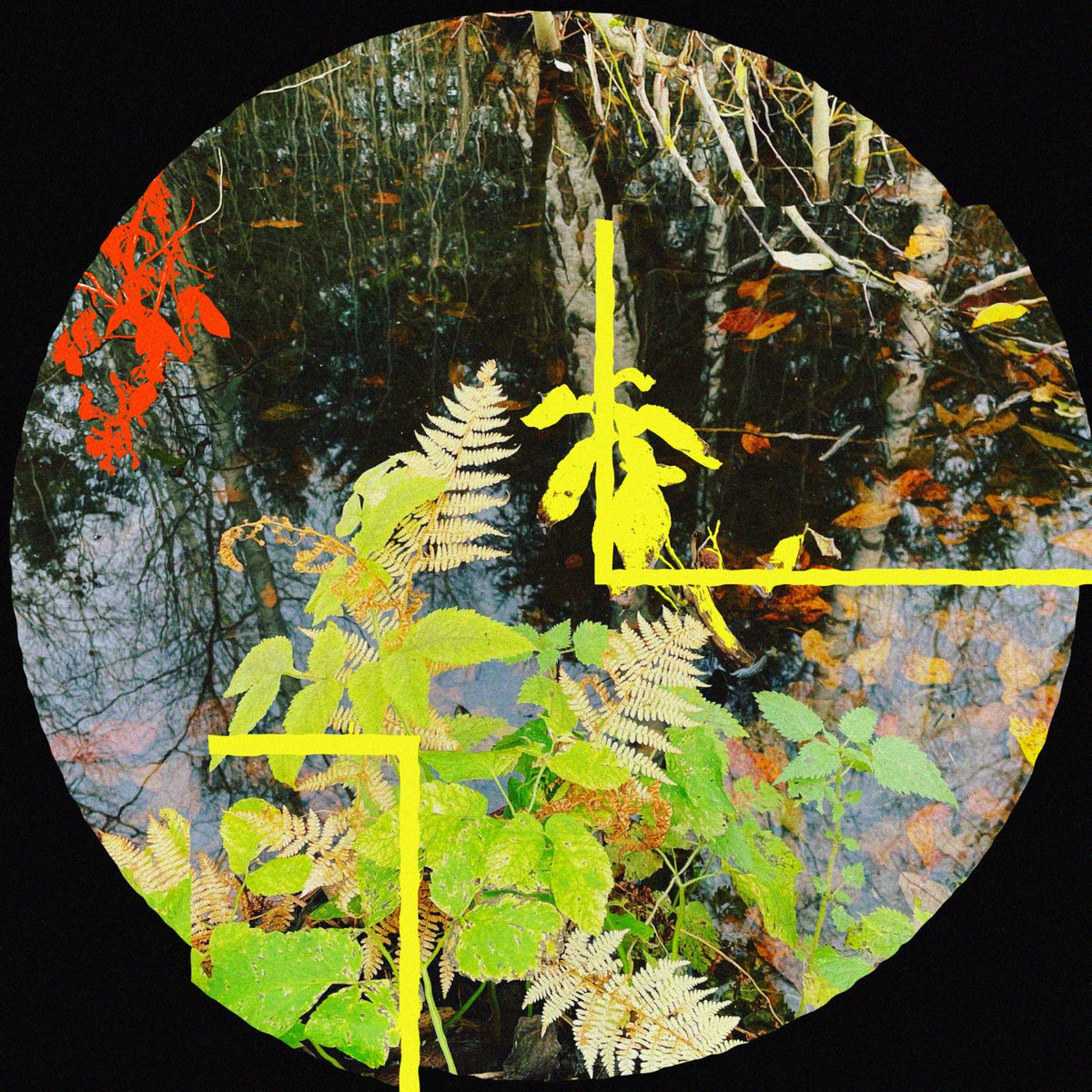
Last year, the label presented the debut vinyl record ‘Genetic Memory’ by French artist Kalocain and organised several parties both in Lithuania and abroad.
Good Skills
Lithuanians love indie electronica, dark disco, and a dance floor atmosphere polished with good vibes. This formula for success belongs to producer and DJ Liudas Lazauskas (Roe Deers), who has nurtured several generations of listeners through hundreds of parties and prolific output.
In 2019, he and his friend Titas Motuzas took a new step and founded the label ‘Good Skills’, aiming to provide a platform for young talents and introduce them to the world. Marius Gerulis (Etika/Drum Tales), Nikita Shurminas, and the tropical psychedelia duo Deserted Island released their first EPs here, complemented by interpretations from renowned international producers. They are all linked by groovy basslines, playfulness overlapping with flashes of melancholy, and optimistic scales.
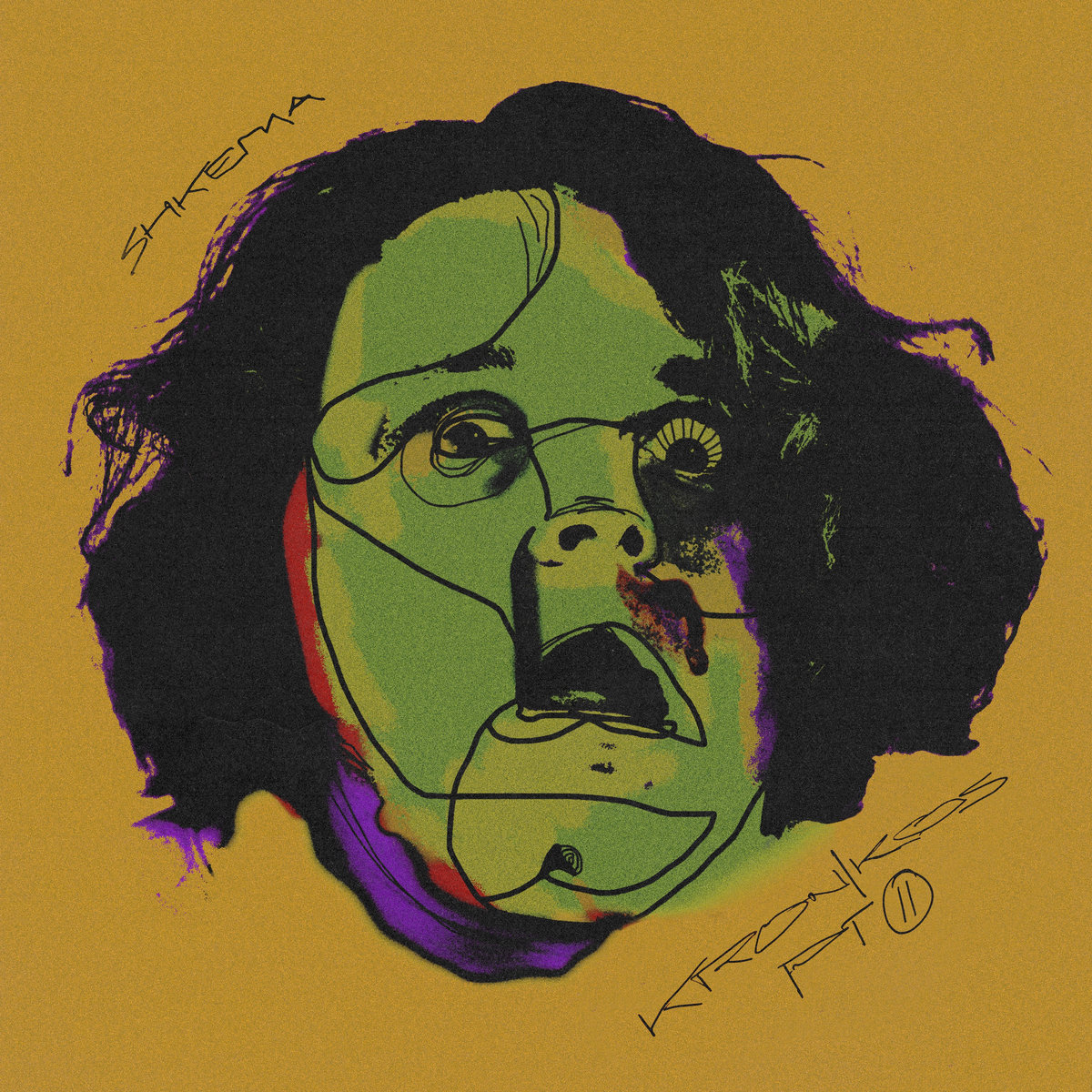
However, I would recommend starting your acquaintance with the label with Roe Deers’ own full-length album ‘Salt Town Boy’, which maturely encapsulates not only his long career but also explores the represented genre from various angles. Intrigue is also promised by the collaboration with Solo Ansamblis – ‘SAoRD’ – where the emotions are richer and the punk leitmotif more prominent.
*
In recent years, other labels have also been active in Lithuania, which I want to recommend. Isla to Isla has left a significant mark on the experimental music scene, with an adventurous discography featuring names like Vladas Dieninis, Patricia Kokett, punktò, Exoternal, and Jūra Elena Šedytė. A quality palette of ambient, drone, and techno was consistently painted by the label static motion, curated by Rook (Rokas Bareišis) and Undveld, which is currently on an indefinite hiatus. Also worth checking out are the global labels Redscale and Greyscale, curated by the Lithuanian dub techno pioneer Aleksandras Martinkevičius (grad_u).
The discography of all the mentioned labels and independent Lithuanian creations can be supported on the Bandcamp platform. There, 80–85% of the revenue goes to the artists, and on the first Friday of May, August, September, October, and December 2025, all income from music purchased on that day will go directly to the creators.
